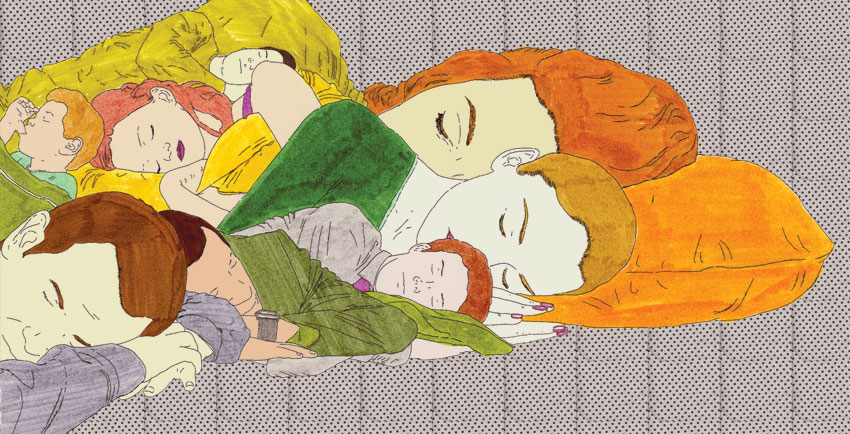
Shelby Nilsen writes research-backed health and science content for lay audiences. Her work focuses on climate change, public health, and the intersection of science with daily life. She is a full-time traveler, pathology enthusiast, and lover of bad puns.
Human Migration Trends Toward Wildfire Hot Spots
Research into human migration shows distinct patterns, including the surprising trend toward areas affected by wildfires. By Shelby Nilsen The effects of climate change are growing more frequent and noticeable. In the United States, temperatures have warmed by 1.2 degrees Fahrenheit since the 1960s. Within decades as much as 2.5 ...
Do You Want Therapy in Virtual Reality?
Given the choice between seeing a therapist in real life or in virtual reality, which would you choose? By Shelby Nilsen Can virtual reality mirror real life? Research performed at Edith Cowan University and published in Frontiers in Virtual Reality examined whether study participants would rather talk to an avatar ...
What do you think about when you sleep?
Sleep plays an important role in processing the experiences of the day and forming long-term memories. But how does your brain decide which memories are important enough to keep? By Shelby Nilsen Human beings spend a lot of time asleep. About one-third of our lives, in fact. Even though we ...
Urban green spaces make cities happier
Urban green spaces improve mental health, physical well-being, happiness, and community engagement. So why don't we have more of them? By Shelby Nilsen If you’re a city dweller, take a moment and think about the aesthetic of your city. Do you see lots of green? Parks, community gardens, riverbanks, trees ...
Anxious After Social Isolation in Lockdown?
Are you a loner or a lonely fish? Social isolation in zebrafish led to anxiety when reintroduced to society, mirroring how many humans feel after lockdown. By Shelby Nilsen Humanity has experienced an unprecedented period of social isolation as we collectively deal with the COVID-19 pandemic. Isolation often leads to ...
Vaccine Misinformation and Social Media
Where do you get your information? Research shows that people who rely on social media for health information are more likely to fall prey to vaccine misinformation. By Shelby Nilsen Surveys of nearly 2,500 Americans found that people who use traditional media are less likely to be misinformed about vaccines ...
News Told with Humor More Likely to Be Shared
How often do you share funny news stories? New research suggests news with humor in it is more likely to be both shared and remembered. By Shelby Nilsen A democratic society needs informed voters to be successful. Historically, news media has been an essential tool to inform the public on ...
Revisiting Use of Psychedelics in Psychiatry
By Shelby Nilsen The war on drugs that began in the 1970s resulted in an abrupt halt in research into the therapeutic benefits of psychedelic drugs. Now, decades later, new research on psilocybin (the active ingredient in magic mushrooms) and other psychedelics shows promise for their use in the treatment ...
Social Media and Vaccine Misinformation
By Shelby Nilsen Social Media and Vaccine Misinformation Spread Surveys of nearly 2,500 Americans found that people who use traditional media are less likely to be misinformed about vaccines than social media users. Additionally, the level of trust an individual has in medical experts seems to affect the likelihood of ...
Even the Resilient Tardigrade Has an Achilles Heel
By Shelby Nilsen (@shellbeegrace) Climate change is already affecting many habitats and ecosystems. As a result, scientists are working to understand how the rising temperatures we face might affect extant animals—that is, those species that are still surviving—including tardigrades, some of the toughest organisms around, which are well known for ...
Children Create Foundation for New Language in Minutes
By Shelby Nilsen Human language is unlike any other form of natural communication. It is the fundamental mechanism that we as a society use to exchange information. Using oral sounds and written characters, we express our needs and ask questions. We describe our thoughts and opinions, tell stories, and teach ...











